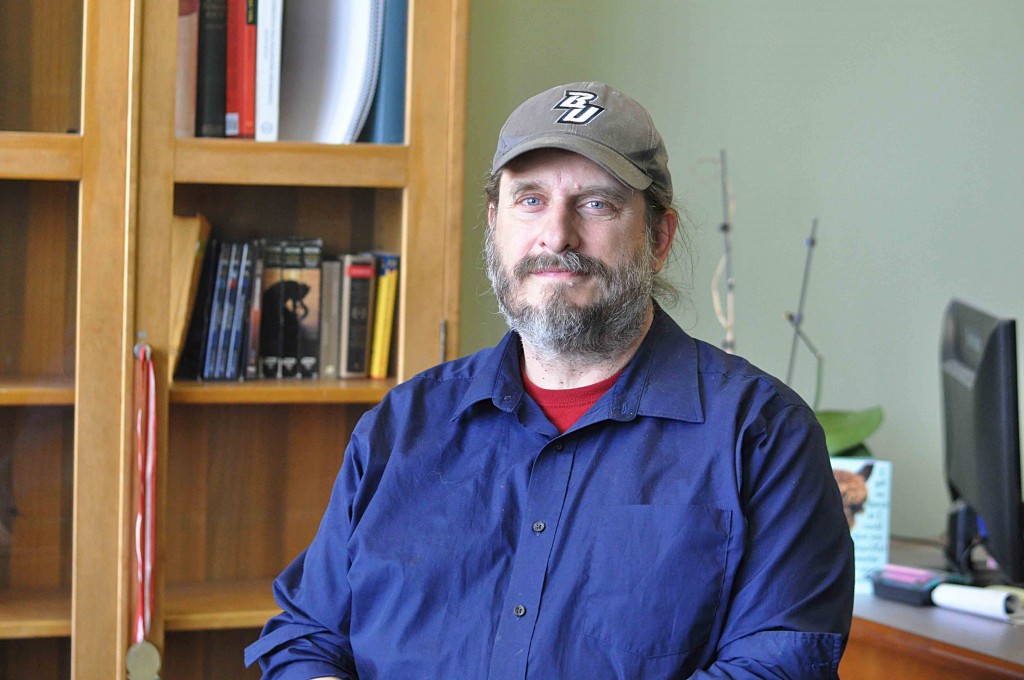
A professor at Binghamton University has been conducting DNA research to learn about how an extinct species has contributed to human evolution.
Andrew Merriwether, an anthropology professor, is examining the way populations have spread around the world. Specifically, he examines DNA from the people of Melanesia, an island in the Pacific Ocean, comparing them to the Denisovans, an extinct early human species.
A Denisovan tooth and finger were discovered at an archaeological sight in Siberia and when tested by a group of researchers from Germany, revealed traces of DNA that match that of the Melanesian people. Merriwether and his worldwide team of researchers then tried to find out if they could find Denisovan DNA in people from Melanesia.
“When the Denisovans turned into some connection to Melanesian, I was very skeptical that it should tie an area very far away in Siberia,” Merriwether said. “I was interested in testing what they found.”
In Melanesia, Merriwether and his team talked with people in various villages about their lineage. They also collected blood and urine samples along with skin reflectance data before Merriwether found a match.
Merriwether said this discovery indicated that someone from the human species mated with a Denisovan in the past. According to him, this information is monumental, because it changes the way researchers look at human history.
“The research itself has a big change in the way we think about human evolution in general,” Merriwether explained. “Most people have thought we’ve been the only species on the planet and it’s pretty clear there are other members of our genus homo around and that we interbred with some of those other species, and that wasn’t thought to be likely until this work.”
The Denisovans were similar to humans, though slightly stockier in build and more resistant to cold weather. According to Merriwether, the interbreeding between species shows that humans are not as solitary with mating practices as people might have expected.
His team is still working to compare the different DNA sequences to find more overlaps, which could suggest that humans have received certain traits from the Denisovan people. He said examples of these could be certain functions of the human immune system and various allergies. However, this portion of the research is still in its early phases.
In order to find out where interbreeding first occurred over 50,000 years ago, Merriwether said that work must be done. But according to him, his research has been temporarily stalled due to a lack of funding.
“Siberia is so very far from Melanesia, it seemed an unlikely connection of any of the ancestors of the Melanesians,” Merriwether said. “We need to get whole genomes from the thousands of populations between Siberia and Melanesia to see where else it is found.”
Adrian Antonio, a sophomore majoring in linguistics, said that Merriwether’s research is interesting and something that can be passed down over many years.
“I think it’s really fascinating that DNA can be passed down through so many generations, and still carry a strong effect,” Antonio said.


